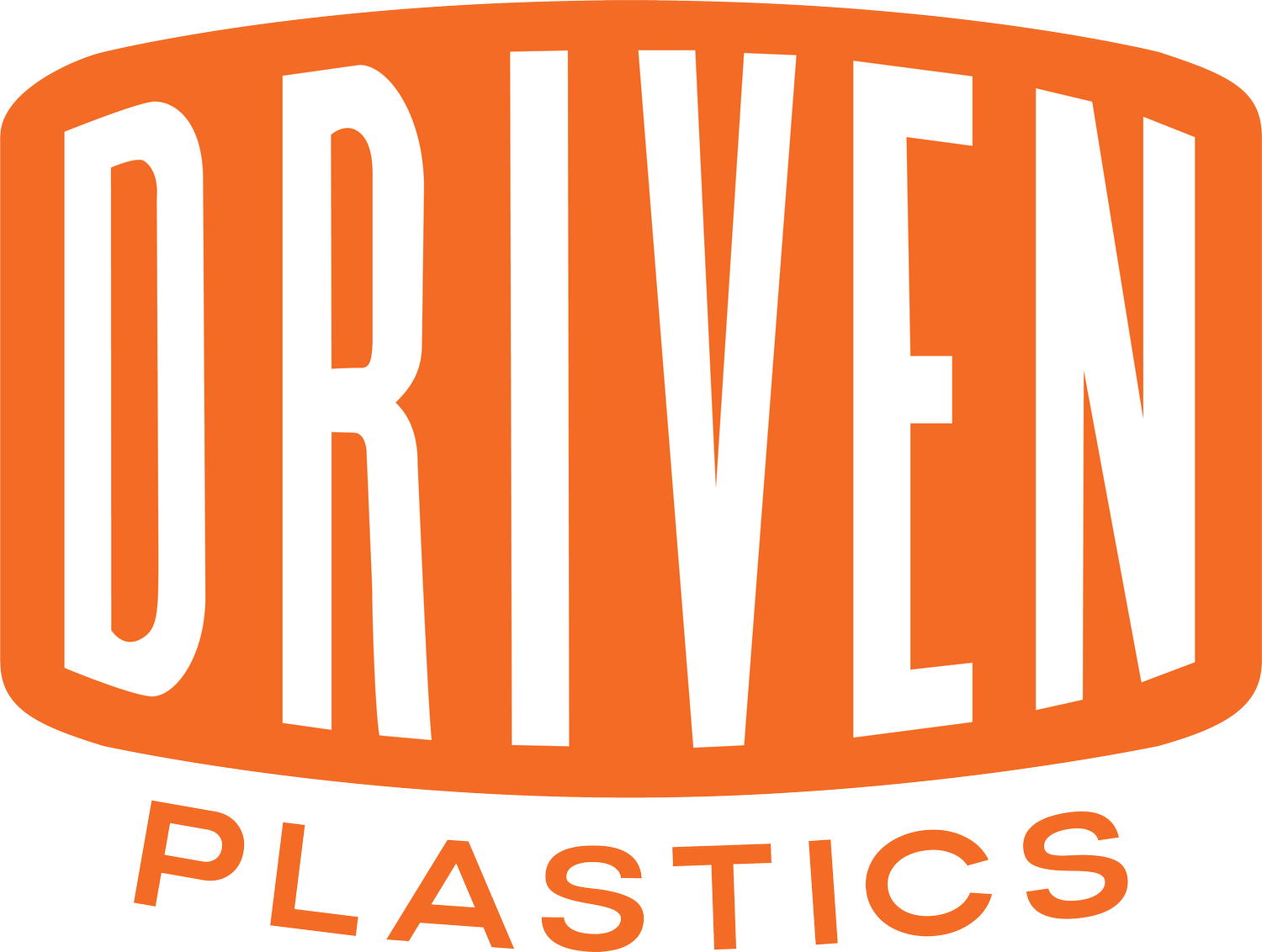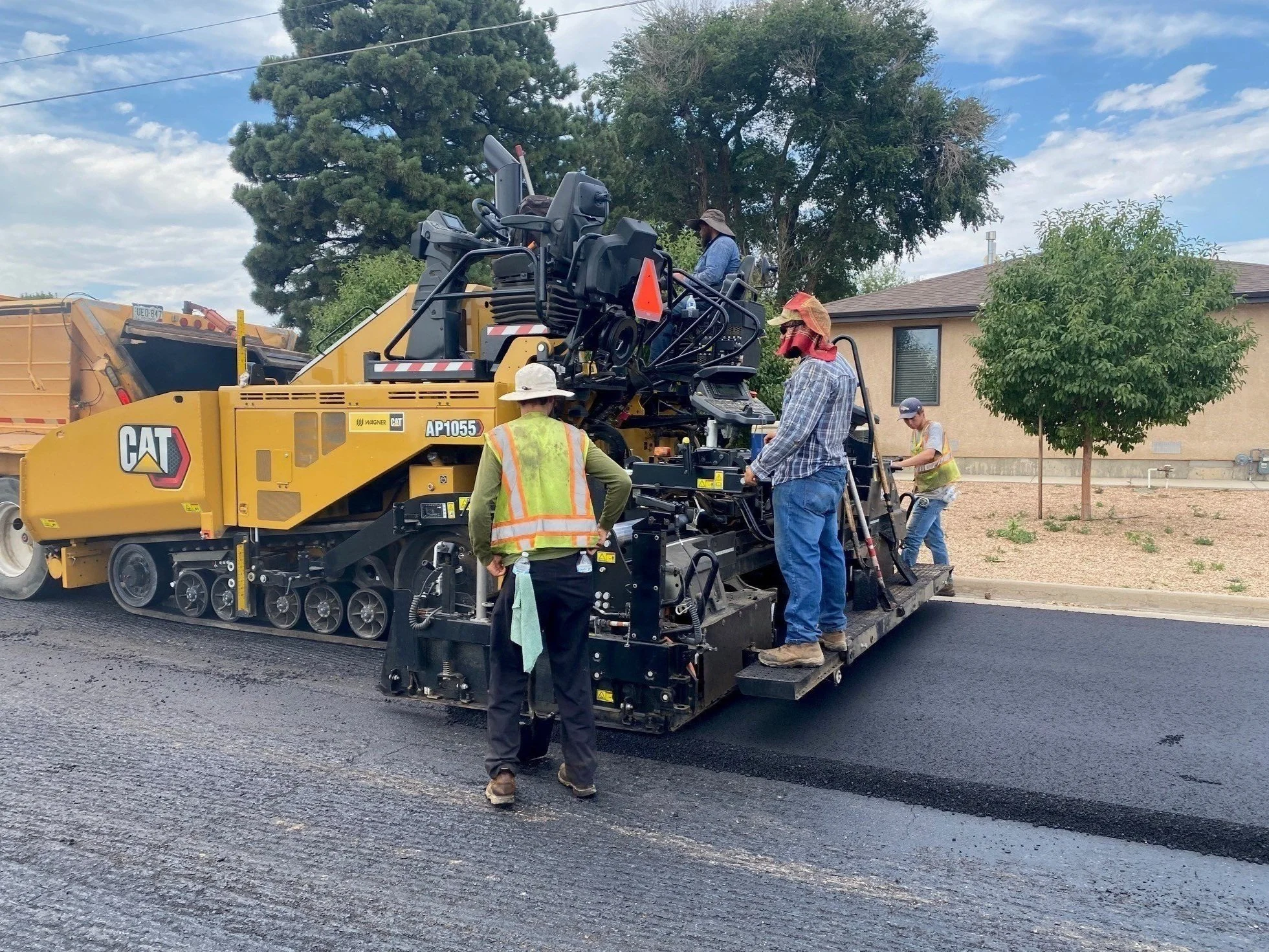Our Process
Wet Process
Asphalt additive designed for wet HMA binder production
Reduces material cost
Improves rutting and cracking
Improved workability vs traditional PMA
Uses existing blending equipment
Drop in for current mix designs
Upcycles up to 3 Tons of plastic per lane mile of road
Improves rutting and cracking
Improved workability vs traditional PMA
Feeder flexibility (fiber, RAP, fine returns aggregate)
Perfect for upcoming Balanced Mix Design
Additives (anti-strips, rejuvenators) can be reduced or eliminated
Upcycles up to 10 Tons of plastic per lane mile of road
hybrid Process
Asphalt additive product for wet and dry HMA production
a few words on
performance
LDPE thin films such as plastic grocery bags and shrink wrap are an extremely difficult post-consumer medium to work with. Many attempts to recycle thin films have failed because these mediums tend to clog traditional separation and shredding operations. Driven Plastics employs a new mechanical process that transforms these fluffy, bulky thin films into a flakelike material that is easy to handle.
The use of recycled polyethylene (rPE) as an asphalt additive has been researched and experimented with for nearly 30 years. Historically, this has failed because of a fundamental separation issue; think oil/water type separation due to molecular incompatibility between the rPE and asphalt components. Driven solves this polymer/oil separation issue by utilizing a patented process of adding a reactive terpolymer (RET) compatibilizer.
A custom formulation of rPE/RET was developed to meet engineering performance improvements and allow for homogenization and stabilization of the rPE plastic. This formulation is mixed in, either completely at the polymer modifying and blending plants and/or directly in the Hot Mix Asphalt producers.
The rPE technology has gained traction in the conservative construction industry. Backed by independent research from nationally recognized laboratories, such as The National Center for Asphalt Technology. There are currently 21 road installations around the United States. These installations have repurposed around 83 tons of plastic or 12.6 million equivalent grocery bags.





